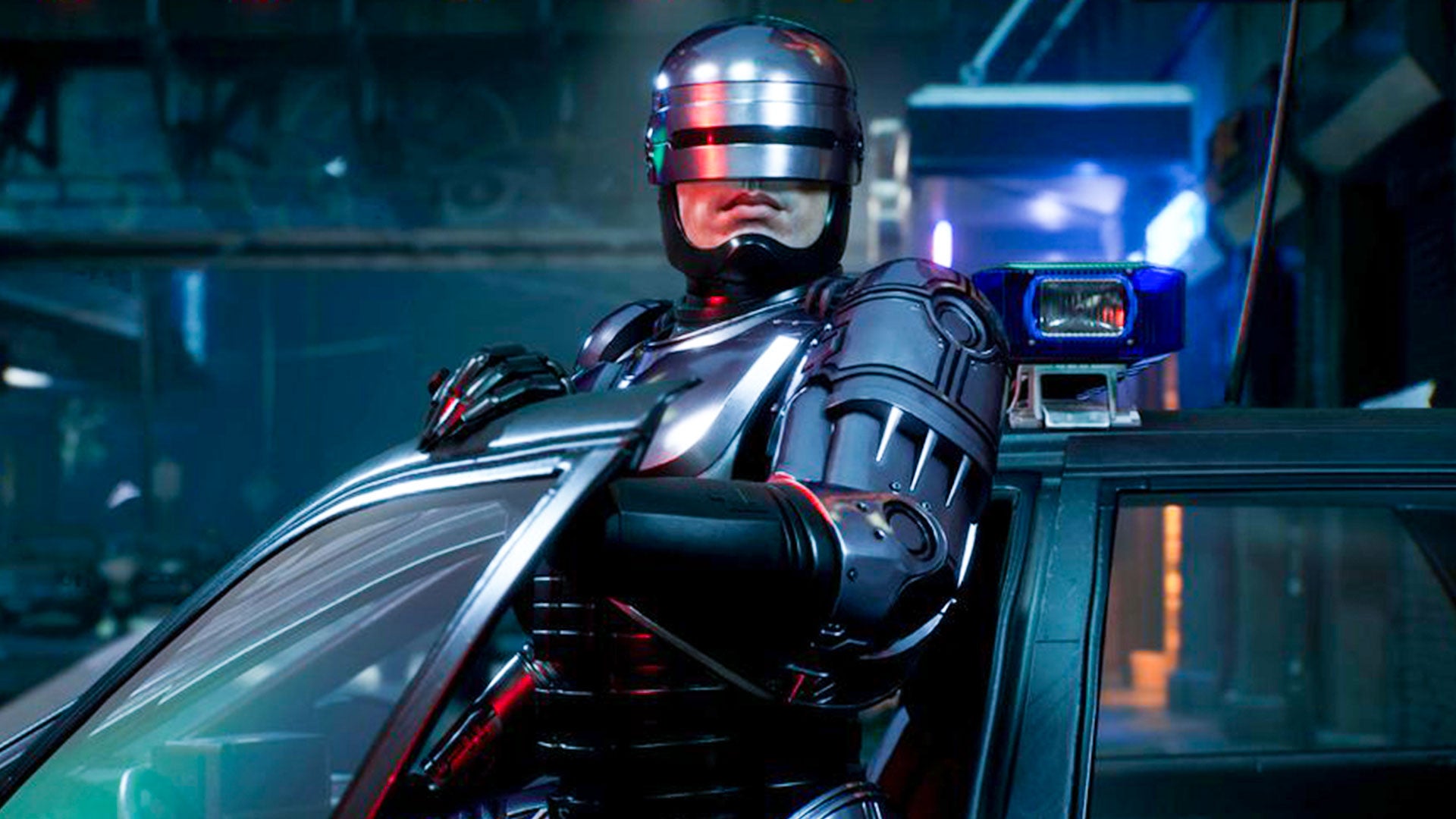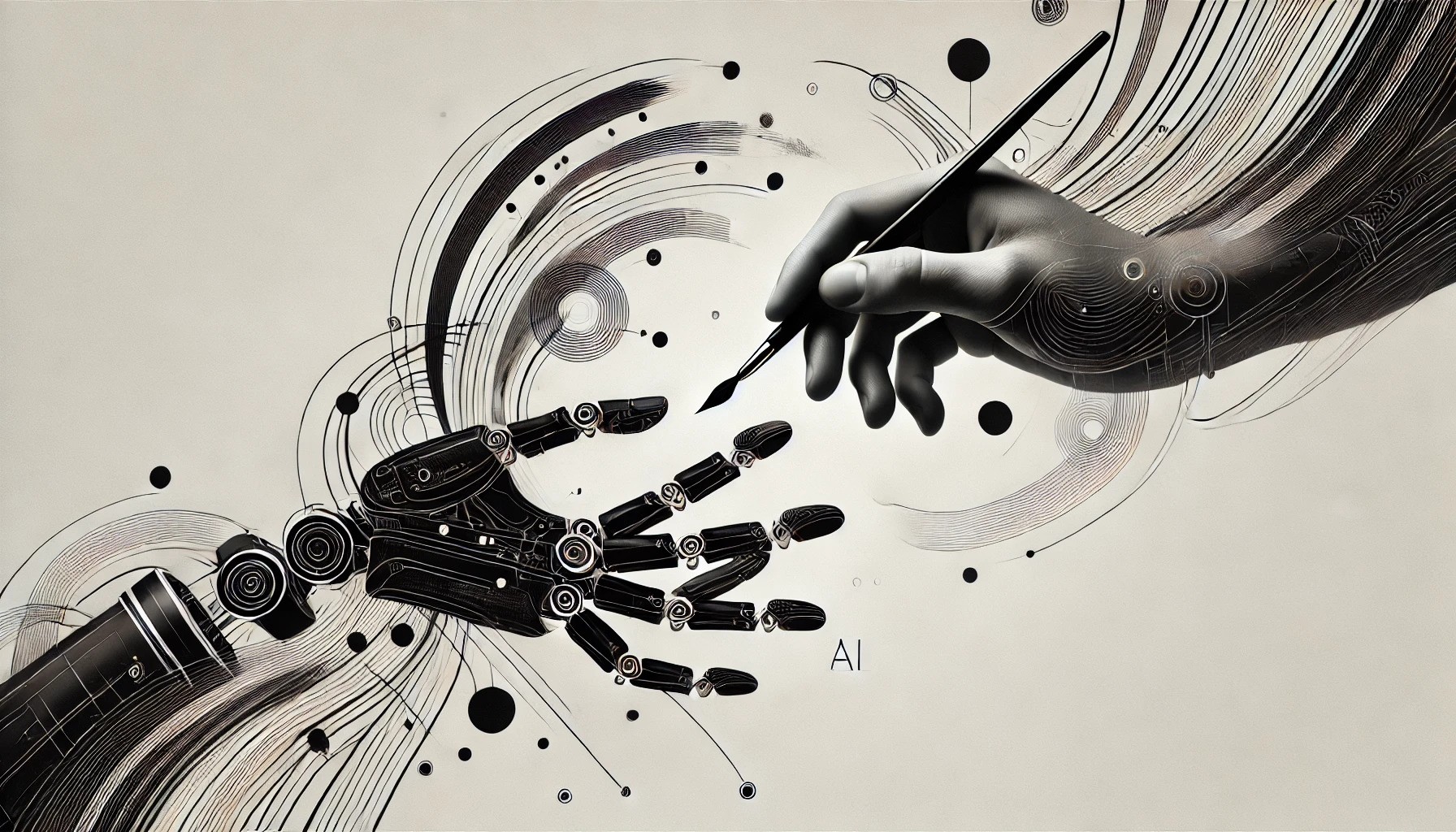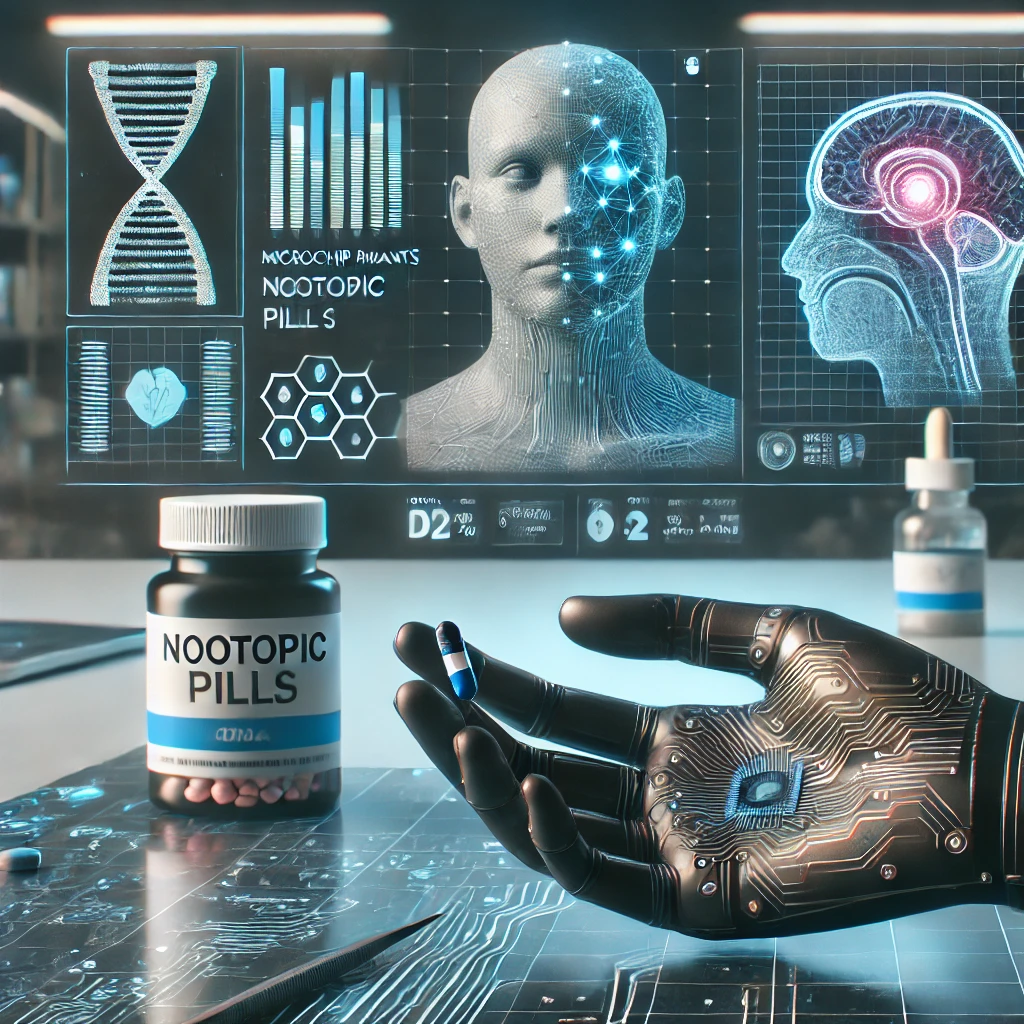Title: RoboCop: A Glimpse into the Future Through the Lens of the Past
In 1987, the release of RoboCop, directed by Paul Verhoeven, presented audiences with a dystopian vision of the future that was as enthralling as it was terrifying. This iconic film, set in a crime-ridden Detroit with a focus on the story of Alex Murphy – a police officer who, after being brutally murdered, is resurrected as a powerful cyborg law enforcer, RoboCop – offered a narrative that was rich in action, satire, and speculative technology. Over three decades later, it’s fascinating to explore how RoboCop not only captured the imagination of its viewers but also predicted several future technological advancements and societal shifts with uncanny accuracy.
1. The Rise of Autonomous and Robotic Policing
Perhaps the most direct prediction involves the concept of robotic policing. In RoboCop, the idea of a machine executing law enforcement duties was a novel concept. Fast forward to today, and we see the deployment of drones for surveillance, robots for bomb disposal, and the testing of autonomous patrol robots in cities around the globe. While we haven’t reached the level of a fully autonomous RoboCop patrolling our streets, the groundwork for such a reality is unmistakably being laid.
2. The Proliferation of Surveillance Technology
RoboCop showcased a world where surveillance was omnipresent, a theme that has become all too real in the 21st century. The film’s depiction of constant monitoring for both crime prevention and corporate espionage mirrors today’s world where surveillance cameras, data mining, and digital eavesdropping have become part of our daily lives. The concept of privacy has been radically transformed, much like the film suggested, with debates around the balance between security and individual freedoms echoing the narrative’s underlying concerns.
3. The Merger of Corporate and Governmental Power
One of the film’s central themes is the influence and power of mega-corporations, epitomized by Omni Consumer Products (OCP), which essentially runs the Detroit police force. This fictional portrayal anticipated the growing influence of large corporations on government policies and public services. Today, we witness how private companies manage prisons, water supplies, and even entire cities, blurring the lines between corporate and governmental responsibilities.
4. The Ethical Quandaries of Human Augmentation
RoboCop’s transformation from man to machine foregrounds the ethical dilemmas surrounding human augmentation and artificial intelligence. The film explores questions of identity, humanity, and autonomy that are increasingly relevant today as we advance in prosthetics, AI, and biotechnology. The conversation around enhancing human capabilities with technology, and the potential loss of humanity in the process, is a debate that has transitioned from science fiction to scientific journals.
5. The Socioeconomic Divide
The backdrop of a decaying Detroit in RoboCop highlighted the consequences of economic decline and the widening gap between the wealthy and the poor. This portrayal anticipated the increasing socio-economic divides observed in many parts of the world, where urban decay and disparities in wealth and access to technology continue to grow, reflecting the dystopian landscape that RoboCop presented as fiction.
Conclusion
While RoboCop was a product of its time, reflecting the anxieties and fascinations of the late 20th century, its foresight into the challenges and ethical dilemmas of future technologies is remarkable. It serves as a cautionary tale about the unchecked advance of technology, the erosion of privacy, and the commodification of law enforcement. As we navigate our way through the 21st century, RoboCop remains a pertinent reflection on our societal trajectory, reminding us of the need to consider the moral implications of our technological ambitions. Through the lens of the past, RoboCop offers a mirror to our present and a window to our potential future, urging us to ponder the kind of world we wish to inhabit.


